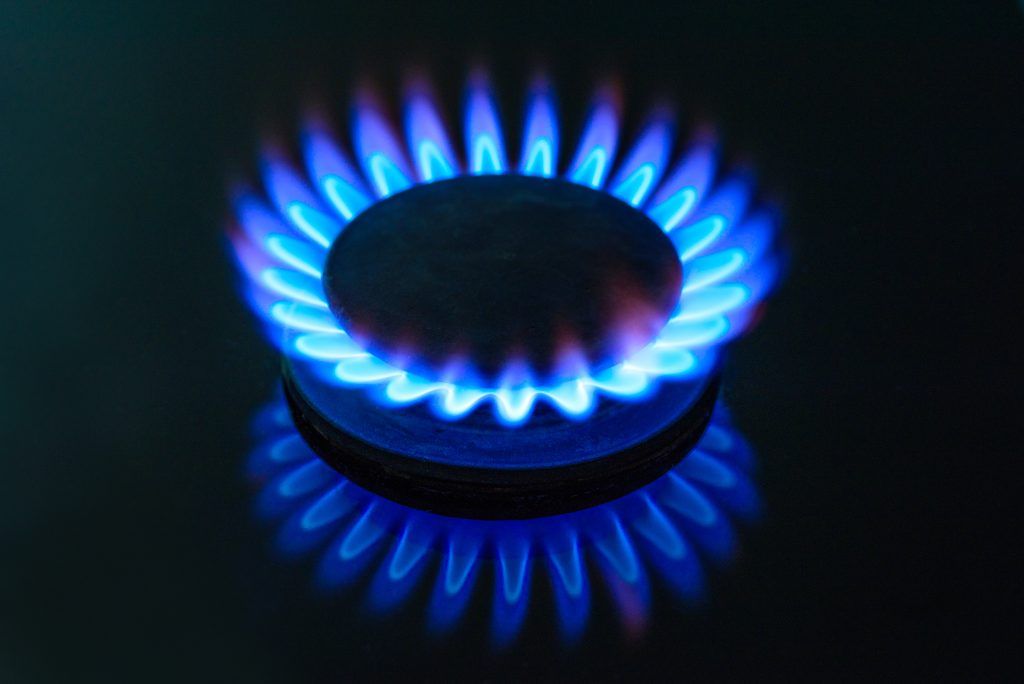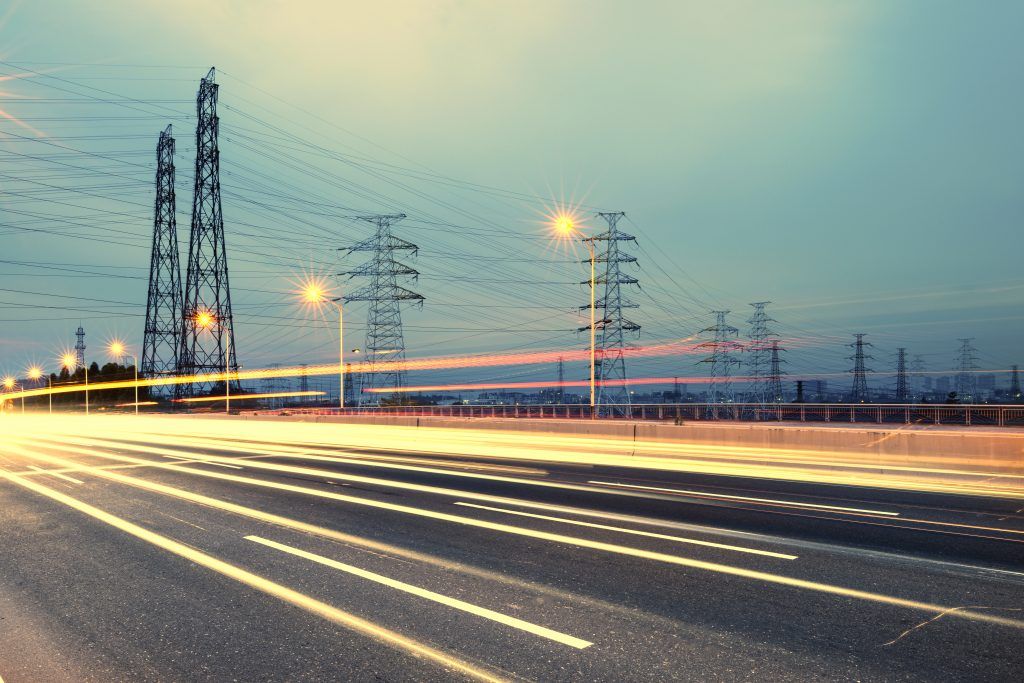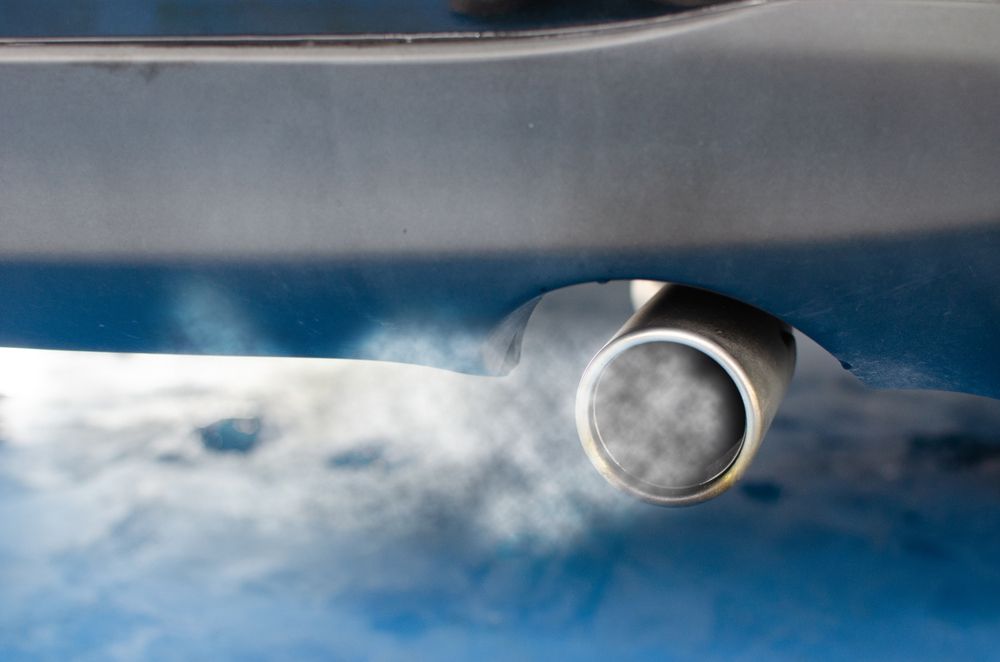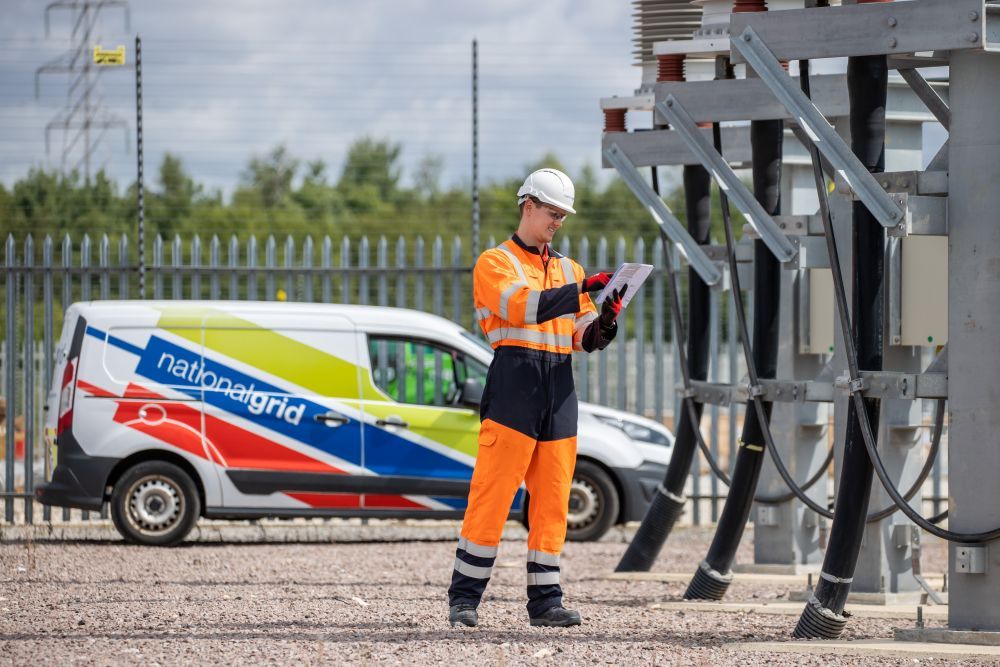Poorly designed retrofit schemes have delayed the decarbonisation of domestic heating and bringing down energy bills, pushing UK clean secure energy targets off-track, according to a new report.
In their first report of this Parliament, the Energy Security and Net Zero Committee has said a new national Warm Homes Advice Service could give a return of £15 for every £1 spent on it.
But the Committee also points to key steps needed to build confidence and competence in the retrofit programmes.
Four in five homes that will be occupied in 2050 have already been built and most will need retrofitting with low carbon heating systems and energy efficiency improvements for the UK to achieve net zero emissions.
Upgrading all homes to at least Energy Performance Certificate (EPC) level C would deliver £40bn in economic benefits in the next 5 years alone, and up to £100bn in further benefits over the following decade.
It would also make homes warmer, healthier and potentially cheaper to heat, reducing levels of cold-related illnesses and mental health conditions and potentially saving the NHS £2bn by 2030.
But today there are 98% fewer energy efficiency measures being installed in homes compared to the trajectory the UK was on in 2010, it said.
The Committee said key to restoring consumer confidence is to deliver on the promise to bring down the cost of electricity relative to gas.
There have been “too many, stop-start Government support schemes”, it said, with at least 10 since 2013. The Committee says this is failing to provide consumers, installers, investors or the wider supply chain with confidence needed to restructure the market to deliver warmer, healthier and lower carbon homes.
Early estimates are that around 250,000 homes could be un-mortgageable due to spray foam insulation but this may not capture the true scale of the problem. The Committee is calling for a national workforce accreditation scheme to ensure people who do take the steps to upgrade their homes know who they can trust and do not instead face remediation works.
Bill Esterson MP, Chair of the ESNZ Committee said:
“The UK’s disastrous lost decade for clean, secure energy is nowhere more evident than in the project to decarbonise and reduce costs for home heating: we are shockingly 98% below the levels of energy efficiency measures being installed in homes relative to the trajectory we were on in 2010.
“The Committee’s report sets out practical, urgent measures to build the consumer, investor and supply chain confidence needed to deliver the Government’s warm homes plans and its central contribution to the energy transition and Net Zero goals.
“Crucially, we need action now on reducing the costs of energy bills. The key will be to reduce the impact of the gas price on what we pay for electricity, but we could achieve a quick win by reducing the policy costs currently on electricity relative to gas.”
Yselkla Farmer, CEO of BEAMA, commented on the report:
“The ESNZ Select Committee has hit upon the crux of the challenge for decarbonising homes in an energy and cost-efficient way, end user engagement. But this can be overcome, and while there may be complexities for some homeowners, better advice is crucial to unlocking the financial and emissions savings under our own roof.
“Government and industry have a duty to ensure everyone can get informed answers to the question, ‘what should I do?’. This must include better advice, as the Committee highlights, but also using the Warm Homes Plan and Clean Heat Strategy to support the diverse options for domestic heat technologies, which we outlined in our recent report.”
Image from Shutterstock











